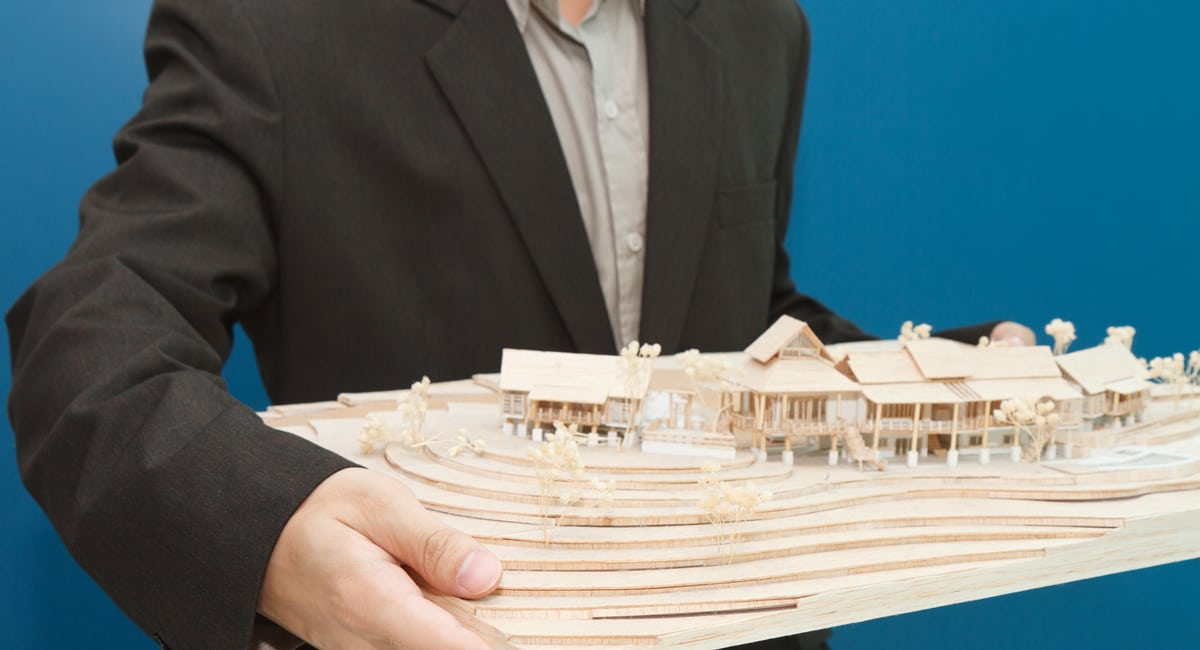There are a variety of standard provisions in a normal commercial lease (ADLS), and we touch on these below to give you a feel for what needs to be considered. Obviously, the desires of a landlord (lessor) and those of a tenant (lessee) will often be at different ends of the spectrum, but the details need to be considered no matter what side of the fence you are on. Remember, all the details of the lease are negotiable, so it is best to go into those negotiations as prepared as you can be.
- Premises – What are the actual premises being rented? The description of the premises should refer to a title if applicable or specifically identified the land area within a title. Attaching a diagram to depict the actual premises is often a good idea as well, especially when you may be leasing part of a larger building.
- Carparks – Are there carparks to be included? These should be identified in the lease and where communal carparks are involved there should probably be clauses in your lease to ensure access to those is available to the tenant at all times.
- Term – How long is the lease to be for? A landlord is likely to want a longer lease term because it impacts their income and often is crucial in adding value to the premises. A tenant is likely to want a shorter period so as to reduce their exposure, especially if they are only just starting up a business that has not been proven yet.
- Rights of Renewal – If the tenant wants the ability to continue to lease the premises for longer than the initial term then they will want further rights of renewal. Landlords will often want to know that these are available to a tenant as well because it is more likely a tenant will stay on in a premise if they have the option to extend their lease by way of taking up a right to renew.
- Rent – How much will be payable under the lease? Obviously, for a landlord, they will want a higher rental, but sometimes the rent payable may need to reflect some form of incentive to get a tenant into a building. If you are a potential tenant, we would recommend you get some market appraisals for rents in common premises so that you have a guide as to what a fair and accurate rental is.
- Rent Reviews – It is imperative that the rent review process is detailed in the lease so that both parties know what the mechanisms are for rent increases from time to time. The actual rent reviews are obviously negotiable.
- Outgoings – Tenants are normally responsible for the outgoings on premises which relate to the building. However, as part of the negotiation process the parties may negotiate a specific percentage of outgoings a tenant will be responsible for, or they may even exclude some of the normal outgoings for which the tenant would pay. It is sensible to have details of what the last few years’ outgoings have been for a premises before anything is committed to writing in the lease document.
- Improvements Percentage – The standard lease includes a provision whereby additional rent can be charged to the tenant if the landlord has been forced to improve the premises due to some legislative requirement. As such, the “Improvements Percentage” noted in the lease document reflects the amount of such costs incurred that can be passed on to the tenant by the landlord. Some care should be taken with this provision.
- Maintenance – It is also important to determine what the responsibilities of the parties are in respect to the maintenance of the premises. There are standard provisions regarding what the tenant is responsible for and what the landlord is responsible for, but you can obviously negotiate different terms. It is also worth noting that there are specific provisions that create obligations on the tenant at the end of their lease term, that all tenants should be familiar with, rather than getting a surprise when they are asked to “make good” the premises at the end of the lease.
- Signage – The standard deed of the lease doesn’t allow signage to be erected by a tenant without permission. As a tenant, if you want to be able to put up signage, this should be negotiated and included in additional clauses of the lease document.
- Assignment/Subletting – If the tenant desires the ability to specifically sub-let the premises then they should include specific provision for this. Otherwise they will need to rely on the general clause in the deed of the lease which gives some power to the landlord to decline subletting. When it comes to the assignment of a lease, we believe that the generic details of this should be negotiated upfront, rather than relying on the general clause which simply has an onus on the landlord not to “unreasonably withhold consent” to an assignment.
- Guarantees – If the tenant is a company or are trustees of a trust then it is sensible for a landlord to require personal guarantees from directors. As such, a tenant needs to know the ongoing responsibilities of other persons if there are guarantees involved. Our suggestion to tenants entering into leases is to carefully consider whether the impact of potential guarantees can be limited to some extent, especially when thinking about potential future assignments of the lease.



Leave A Comment